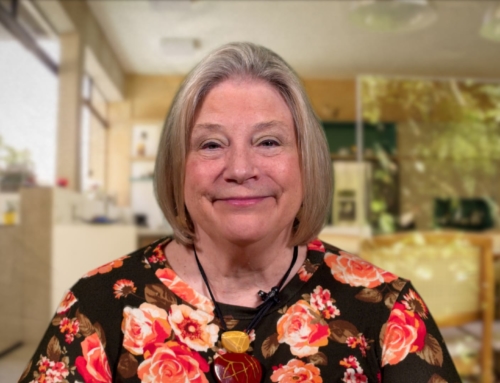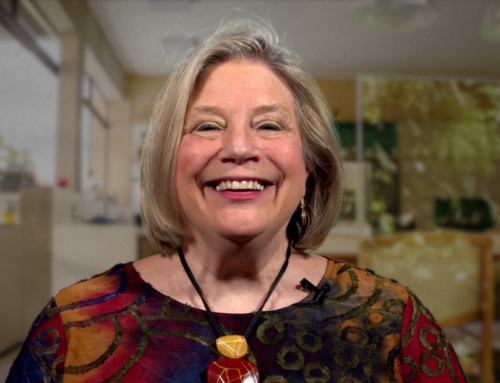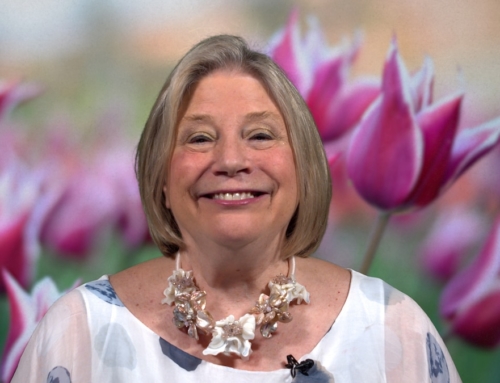In the last video, we talked about disorganized attachment in individuals. This time I’ll answer your questions about dealing with couples when both partners have a disorganized attachment pattern.
This final video will cover topics including:
1) How disorganized attachment develops
2) Down-regulating yourself and your partner
3) Spending individual time with each partner in a therapy session
4) Teaching couples how to use fair language in conflict
5) Moving couples away from a threat response
Handling disorganized attachment is one of the most common questions I received when I asked for your feedback. This video will provide some tips for you to help your disorganized clients move toward secure attachment.
This concludes our question and answer video series. Thank you for submitting your questions and feedback! Please comment below.
Warmly,
Diane
3 Comments
Comments are closed.







Thank you so much, Diane.
I always enjoy your videos.
Hello, I am not a licensed therapist. I am a volunteer and student.
I have a question about what it takes to qualify as “disorganized attachment”.
If the parent of the now grown up partner was verbally abusive… telling the person that the parent is always right, the now adult child is always wrong, does everything the wrong way, etc. Is that enough to create a disorganized attachment?
Some of the people in our group do not have physical abuse in their childhood but grew up to tolerate bullies, physical abuse, etc. as adults, and then broke up with that abusive relationship and are now working on a new second relationship and having difficulty. Some of these adults have been driven from their marital home by an abusive partner and then had to live with the verbally abusive parent for refuge. Then from that broken household they are attempting to date and form a 2nd partner relationship with a healthier person. However… it seems disorganized attachment of both partners is common in these new relationships. In addition, the adult has to frequently deal with the older adult parent (grandparent) that is still emotionally and verbally abusive. This older adult is usually not motivated to change, and I am having difficulty recommending how to even suggest motivating a change or coping strategy for the older, set in their ways abusive parent (grandparent).
Again, very helpful. I’m working with a couple right now who are very committed to each other, but who trigger each other constantly. Though I’ve worked with both for over a year, they’re just now beginning to bring their issues as a couple to me. I feel I’ve talked a lot to them about their communication to each other; I’ve never talked to them about the tone of their voices with each other. I will. And the perpetrator energy being the room. Of course. How obvious and yet how profound.